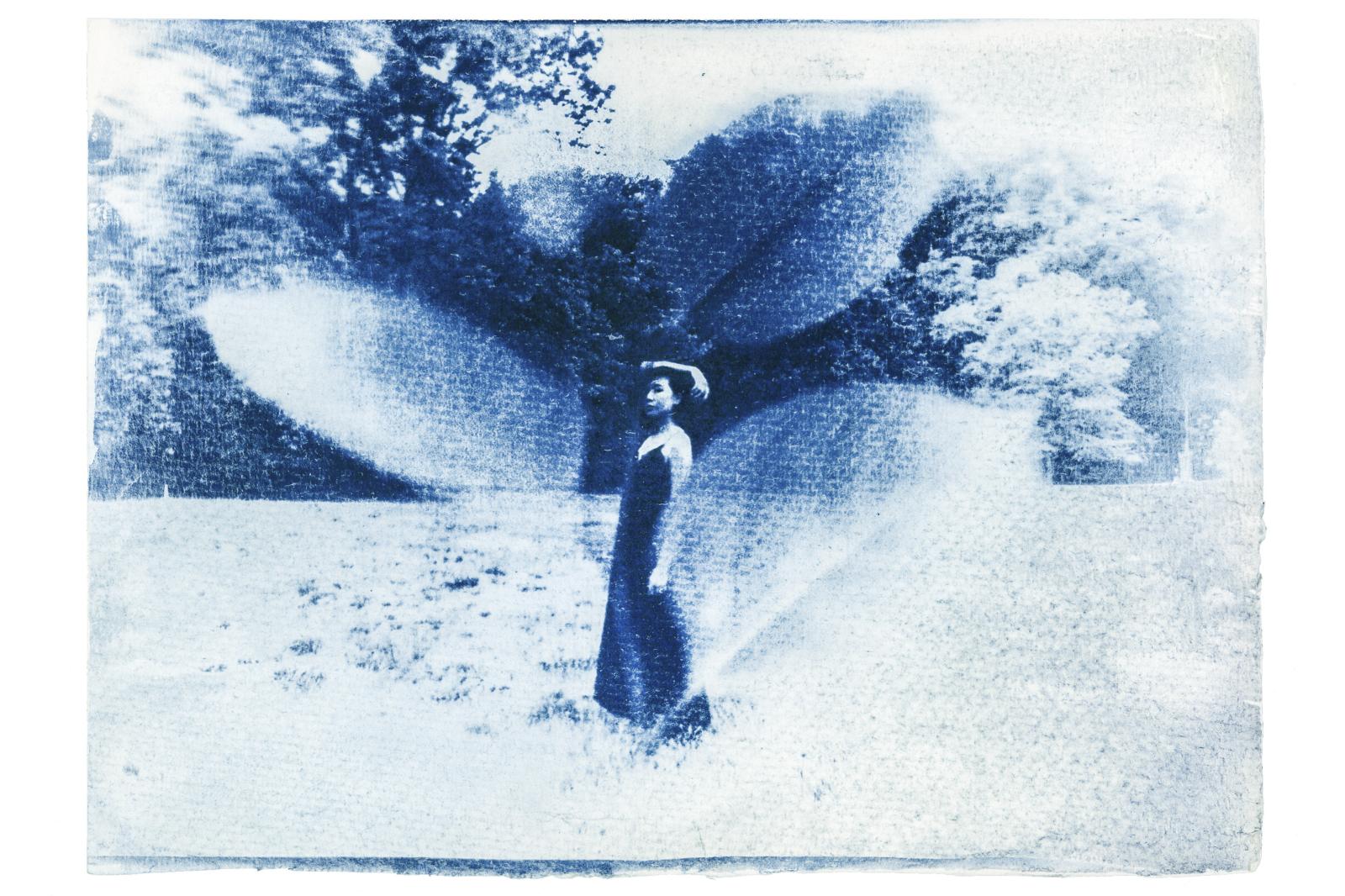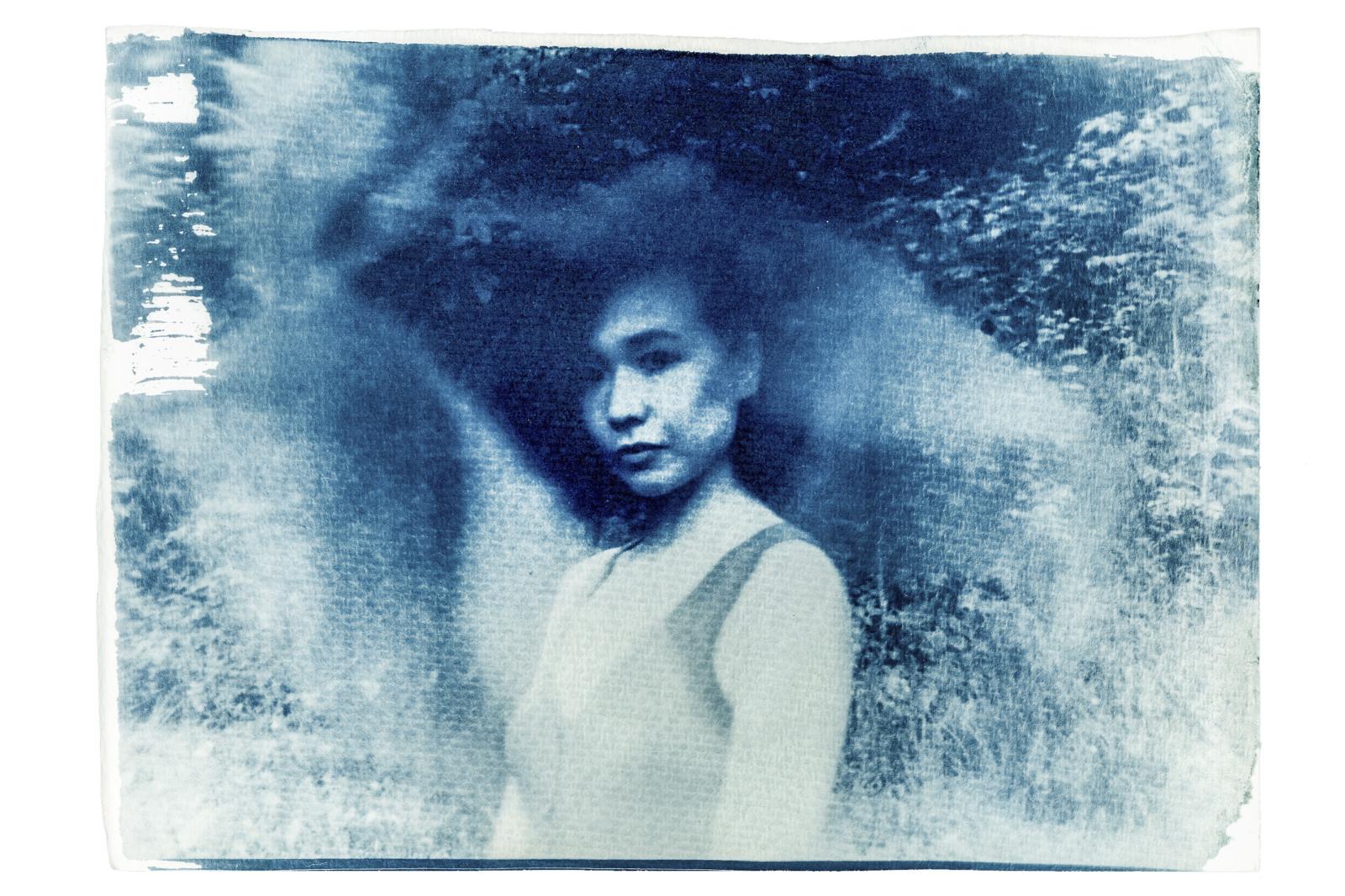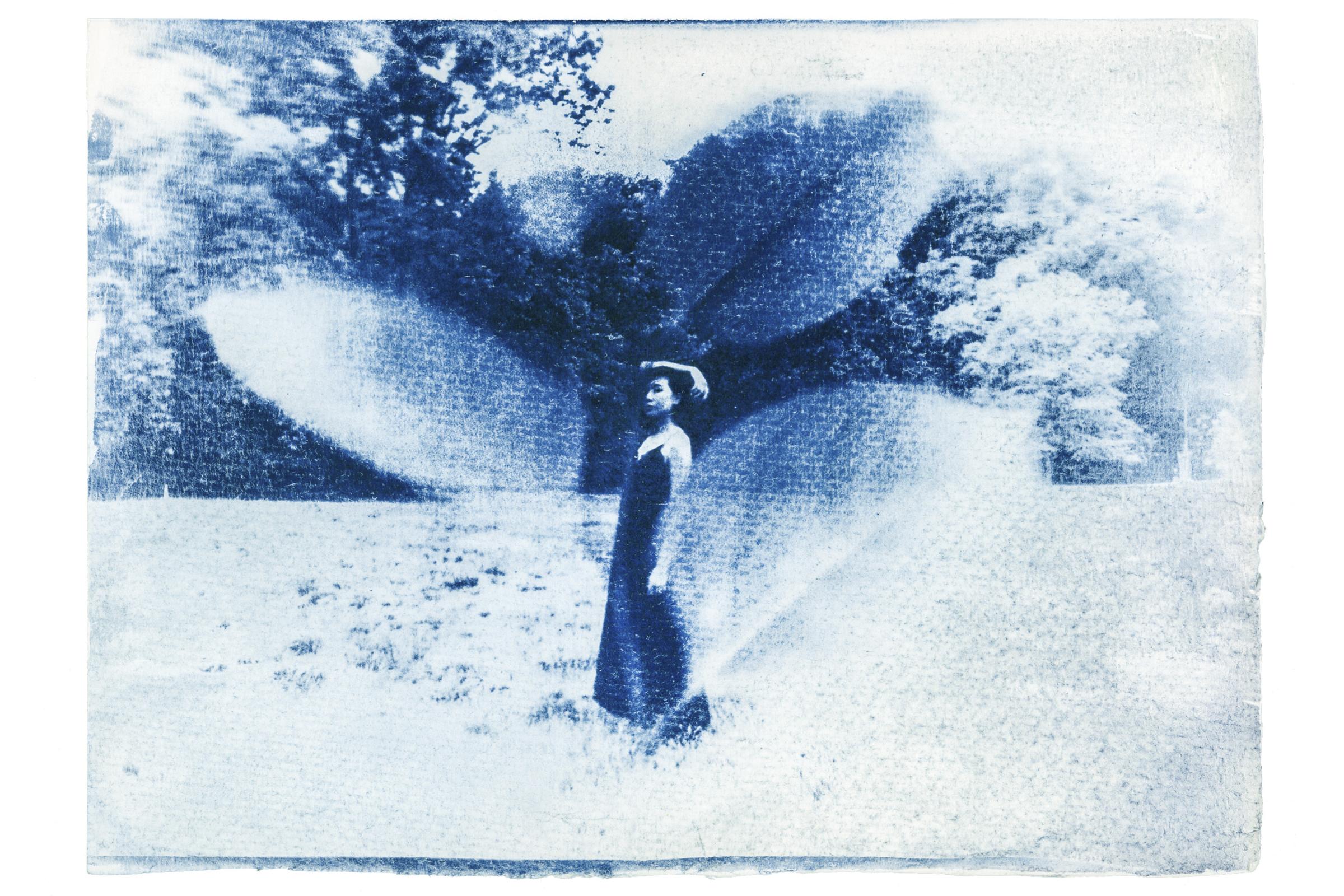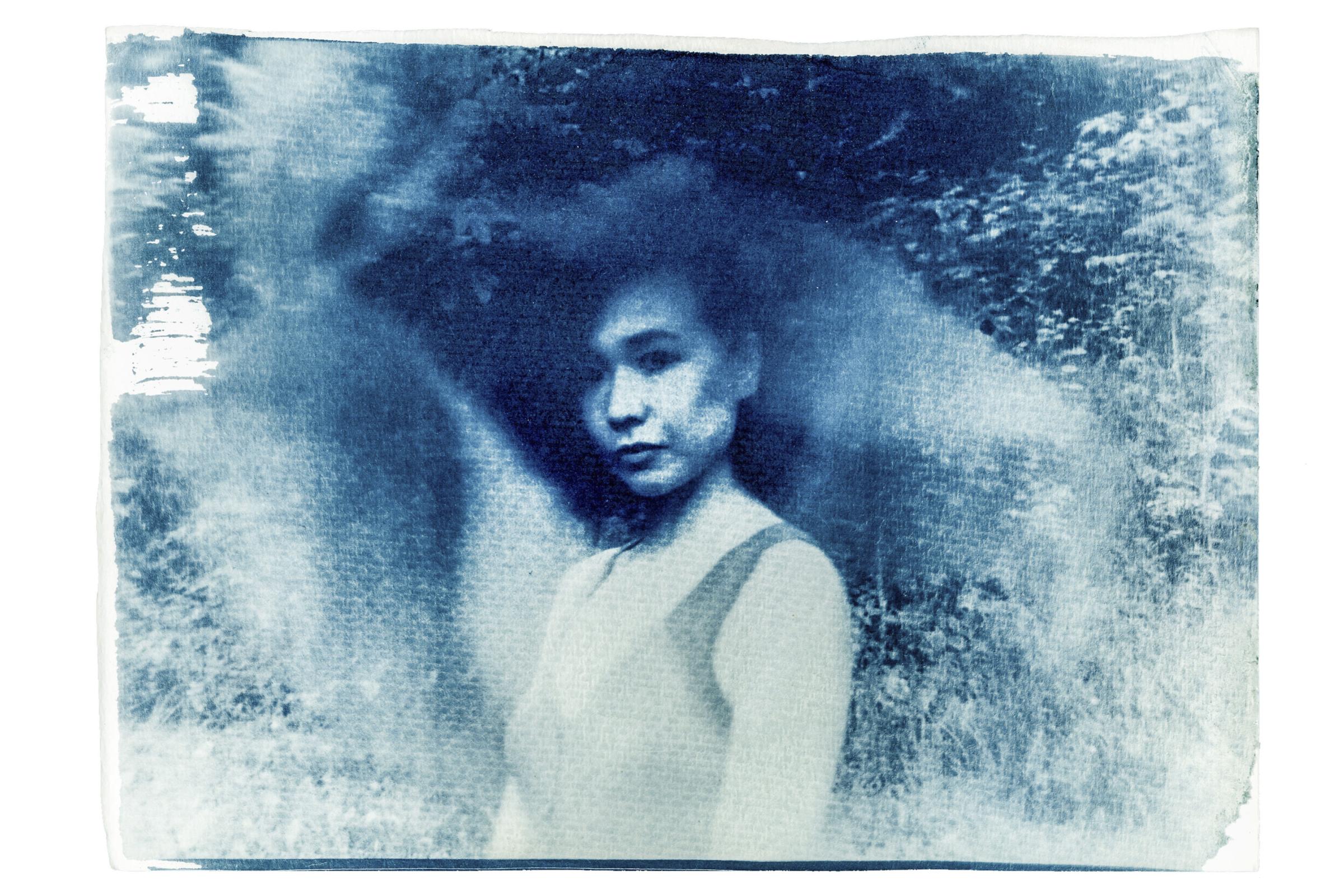NPR: Asian photographers share the stories behind their names
Link to the story on National Public Radio
Currently on exhibition at 2023 Photoville
It started with a conversation. It felt good to be in the company of other Asian photographers after two years of interacting with this community through screens. We drifted onto the topic of our names — not only their meanings and origins but also how our identities are often shaped by our cultural and familial traditions.
In the journey to feel at home in our Asian American or Pacific Islander identities, we may encounter different versions of ourselves. We asked nine Asian American and Pacific Islander photographers, "What is the story of your name? What does it mean to you?" In considering photographers for this project, we did not factor in who has American citizenship or permanent residency status, but rather who calls the U.S. home at this moment.
My name was chosen by my mother in an act of agency in the shadow of my family's disappointment that she had not given birth to a boy during China's one-child policy initiative. Arin Yoon's name was found in a forest in a dream. Ian Morton discovered his Korean name, Lim Hae-dong, on a manila folder that contained his adoption files. To Amir Hamja, "This name bears everything I create and it carries the weight of all my existence."
Co-producer: Arin Yoon
Photo Editor: Ben De La Cruz
Shuran Huang's Story
"She is a girl, not a boy," my paternal grandfather said, expressing his disappointment. Like most families in China, he believed that his bloodline passes down through the male side. Because of China's one-child policy, my mother wouldn't have a second chance to have a boy.
In keeping with the traditional household hierarchy, my grandfather had the honor of naming me. He chose Xiăoxiá, which means "early morning light" — the time of my birth. "Xiá" also shares the same character as 丹霞山 / Dānxiá Mountain, referring to the place where I was born.
But my parents didn't like the name. They thought it sounded dull and it didn't resonate with their expectations for me. As the eldest son, my dad exercised his right to name me next, dubbing me 晨詩 / Chénshī. The two characters together mean "an early morning poem." It reflects a saying in China: 生活不僅眼前的苟且,還有詩和遠方 / There is bread and butter in life, but also poems and dreams. But in the Hakka dialect spoken by my family, the name sounded like the phrase for "a floating dead body."
On the third day after my birth, my mom decided on 舒然 / Shūrán. It stuck. My name means nature, comfort, and harmony. It means 'to go with the flow'. She knew that I, as the only child, would carry the expectations of both sides of our families on my tiny shoulders and it would be difficult not to feel crushed by the weight of those expectations. Like my dad, she hoped that I would be able to freely chase my dreams.
She wanted me to become an independent and strong woman just like her. A month after I was born, she wrote an acrostic poem about my name and her wishes for me:
女兒名誌
陳秀玲(作)
黃帝子孫龍之後
舒服自然目神眸
然貌天成如西施
長大載物才德厚
A STORY ABOUT MY DAUGHTER'S NAME
As a descendant of the Yellow Emperor (a legendary leader in ancient China)
Shuran follows the flow with a clear mind and bright eyes
She will be beautiful and look just like 西施 / Xī Shī (one of the Four Renowned Beauties)
When she grows up, she will be a great success and do great things
Public Project
NPR: Asian photographers share the stories behind their names
3,625




